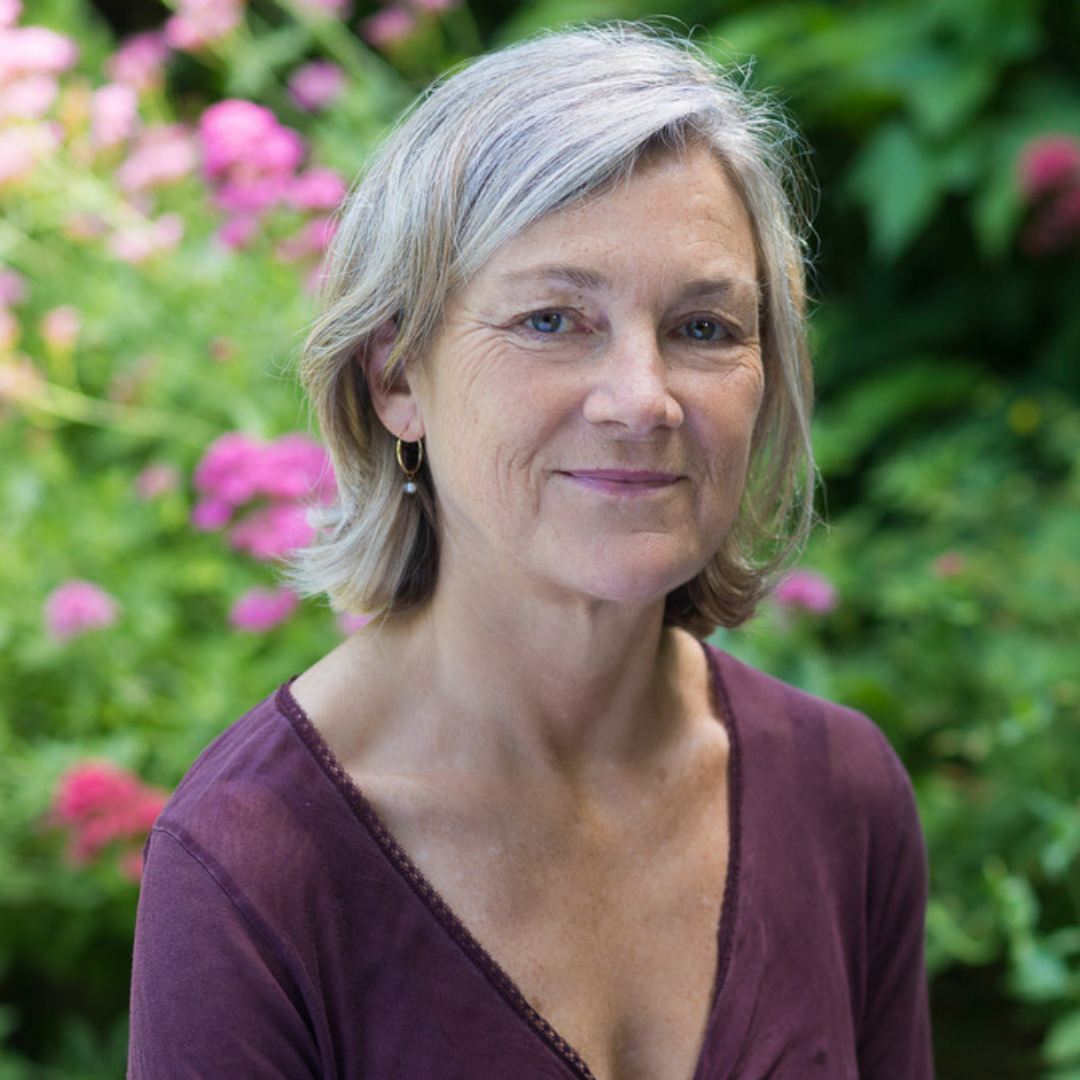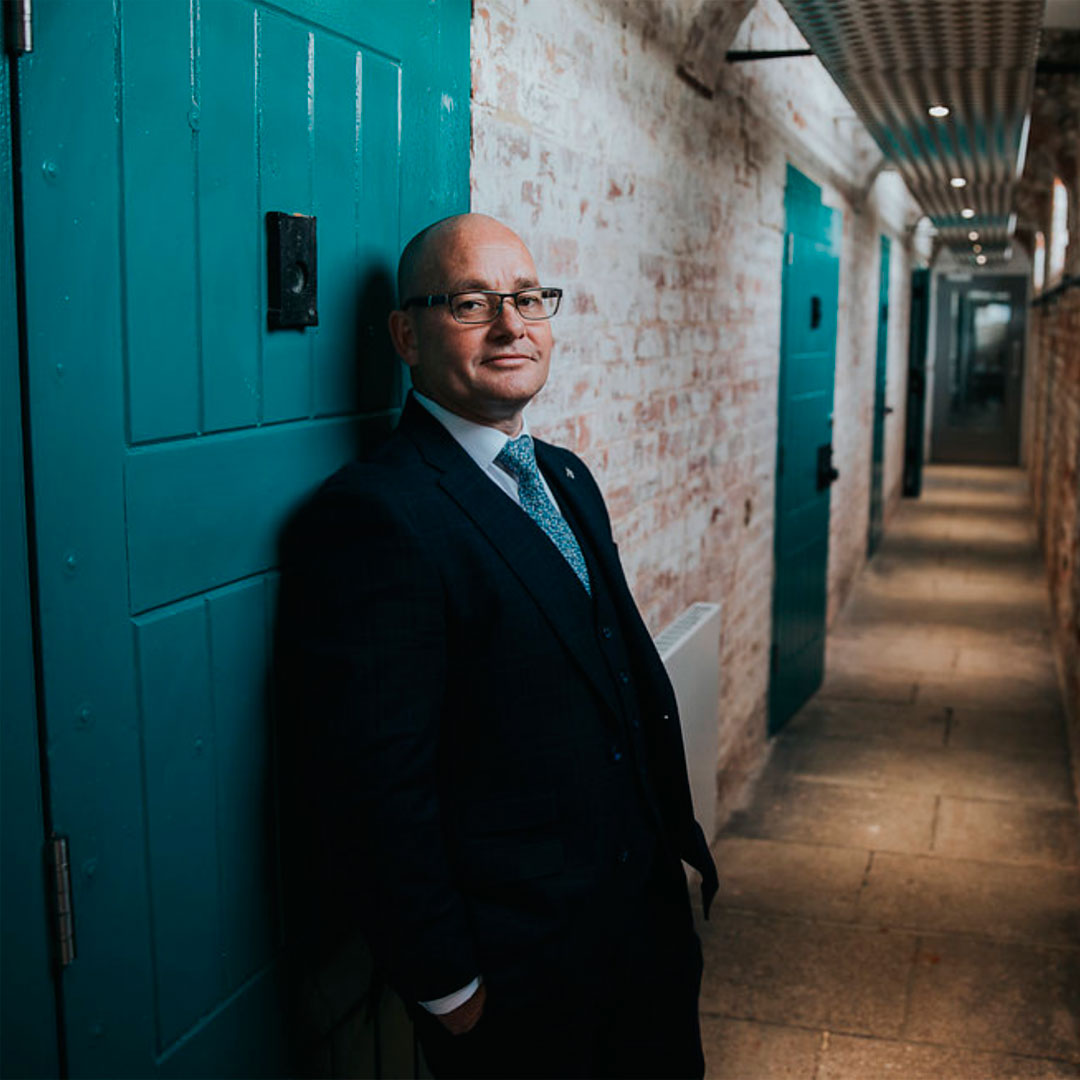Photography by Brian Moody
In 1999, Denise Green and her husband Bill discovered that their son William was one of hundreds of children whose organs were removed without consent for research purposes. William had been treated at Liverpool’s Alder Hey Children’s Hospital in 1992, and later died. As parents prepared for multiple burials, the Health Secretary Alan Milburn described what happened at Alder Hey as “unforgivable”.
William died in 1992 aged 18 months following an operation to correct a non life-threatening heart condition. To put him to sleep they asked me to help get the gas mark on. He was kicking and screaming, his fists were flying. “Mummy no, no,” he kept crying. In the end the doctors saw how upset I was and pulled me out. I still feel terrible that I wasn’t there for him. He must have put up such a fight.
After the operation there were complications and William went into cardiac arrest. “I’m very sorry, your son’s body has gone into shock,” said the consultant, holding my hand. I went into another room to ring my sister. She was asking me what had happened when the whole team of doctors came into the room, quietly, one by one. “He’s dead,” I said.
As I heard my sister wailing down the phone, suddenly this overwhelming sense of peace flooded over me. My body and my mind were totally calm, and I prayed. I prayed to get through the next few days and months, and I prayed not to have a breakdown. I also made a vow. I vowed not to allow the death of my son to destroy my family. And somehow, despite all the sadness and grieving, we started to rebuild our lives. Until five years later, that is, when I read an article about how Alder Hey hospital had taken the organs of a dead baby without asking permission from the parents. Immediately I phoned the hospital. I had to know if they had taken anything from William. A hospital support worker gave me a straight answer; “Yes, we have his brain, his lungs, his spleen, his liver, his kidneys, his intestines, and his reproductive organs,” he said. He told me it had been for teaching and research purposes. “But we were never asked, I signed no consent form,” I said.
Over the next two years we had two more burials – the first for William’s organs, the second for the tissue blocks, slides and cerebellum. On both occasions I invited the press. I wanted to make a public statement to the government.
There was a lot of anger among the Alder Hey families, because no one was prosecuted. Justice hadn’t been done, and people felt betrayed and let down.
So I prayed to be able to forgive.
In the end I came to forgive the surgeon who did the illegal stripping, and the hospital management. I chose forgiveness because I did not want to be destroyed by bitterness. What happened was out of my control, but how I respond is within my control. Subsequently, the medical profession haven’t shut me out. I can sit down and talk to pathologists because I’m not out to attack them. They realise I want to listen and learn. And they too have learnt from me.




